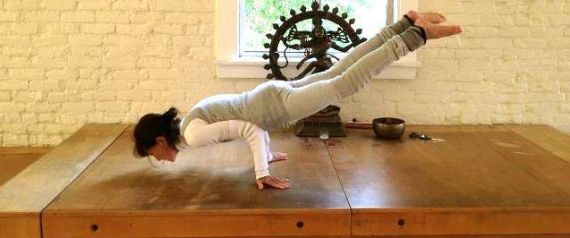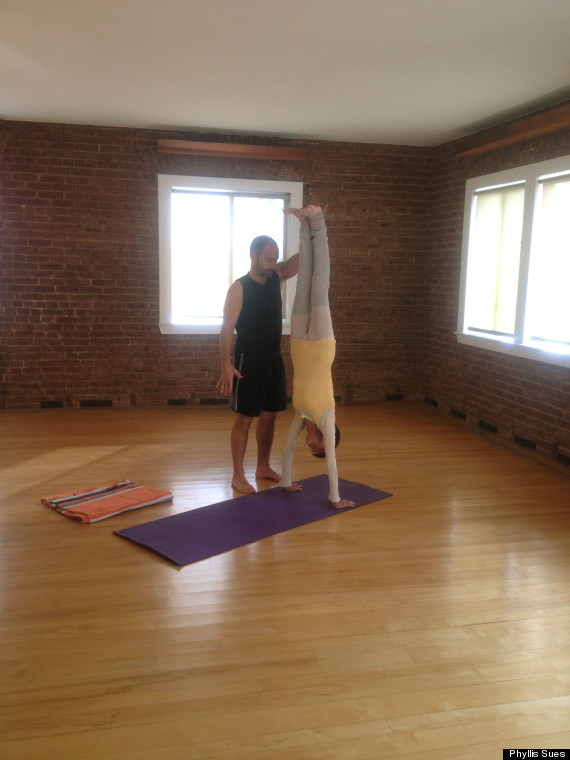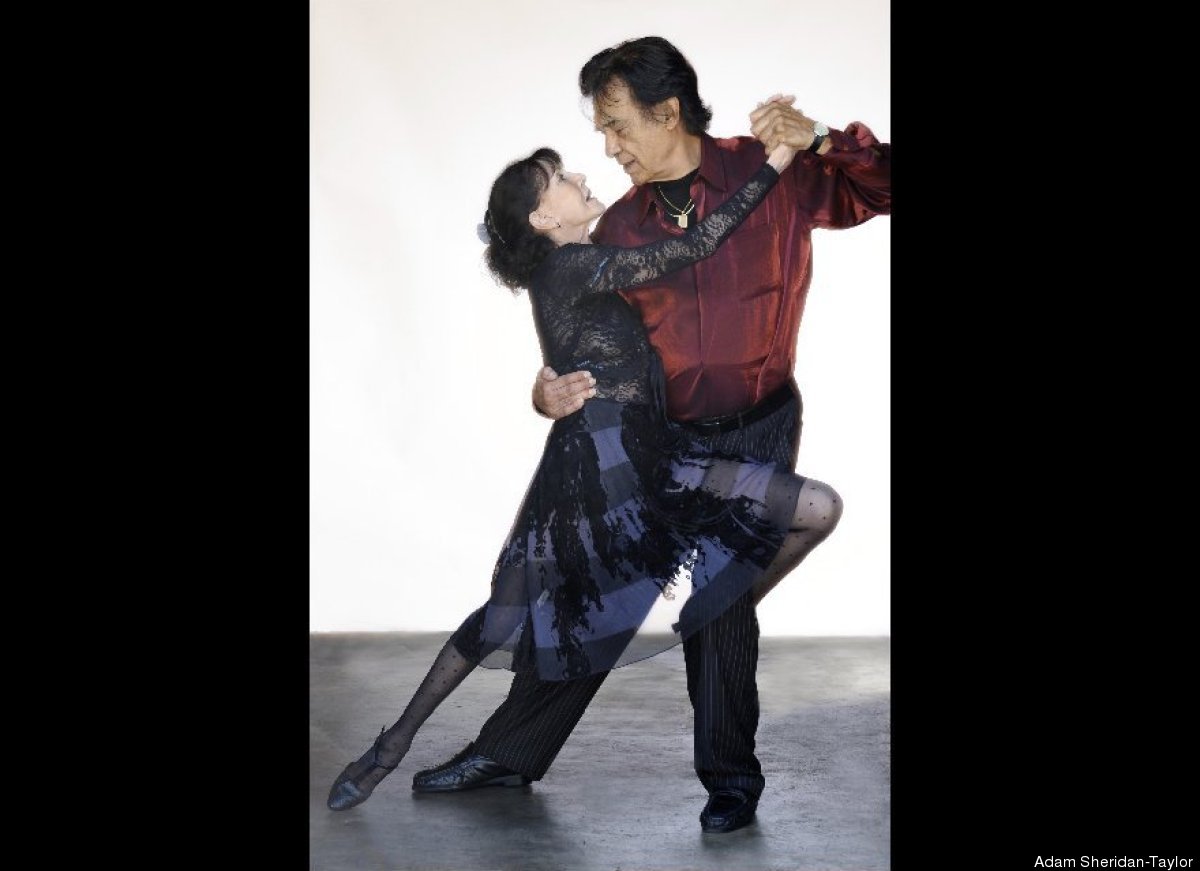One can’t look at anyone’s life story without seeing some devastating mistakes etched across it. These errors are not coincidental but structural; they arise because we all lack the information we need to make choices in time-sensitive situations. We are all, where it counts, steering almost blind.
-- The School of Life
The Philosopher's Mail (http://thephilosophersmail.com/) is a daily online news source published by The School of Life (www.theschooloflife.com) offering, it says, the latest,
biggest stories, as interpreted by a team of in-house philosophers
rather than journalists.
"The idea is that nowadays, the most attractive,
charming, sexy and compelling news outlets enjoy unparalleled influence
over the minds of tens of millions of people. But unfortunately, they
rarely put out content that might make the world a better place. At
the same time, there are lots of serious, earnest good people
attempting to change things, but they put out publications full of very
interesting and dense articles that only reach tiny and
already-convinced audiences.
Interesting. Admirable. Will it fly? I don't know, but the stated intention of The Philosopher's Mail appeals to me:
"To be a genuinely popular and
populist news outlet which at the same time is alive to traditional
philosophical virtues.... rooted in popular interests, sensibilities and inclinations
of the day. To read and caption the news with an eye to
traditional central philosophical concerns - compassion, truth,
justice, complexity, calm, empathy and wisdom -- an occasion for
the development of insight, generosity and emotional intelligence."
Hmmmmmm. Well now I'm completely intrigued. Let's read on together, shall we? Here's a repost on the subject of wisdom...let me know what you think.
Wisdom – A Short Guide
 © AFP/Getty
© AFP/Getty
Wisdom
It’s one of the grandest and oddest words out there, so
lofty, it doesn’t sound like something one could ever consciously strive
to be – unlike say, being cultured, or kind. Others could perhaps
compliment you on being it, but it wouldn’t be something you could
yourself ever announce you had become.Nevertheless, though it’s impossible ever to reach a stable
state of wisdom, as an aspiration, wisdom deserves to be rehabilitated
and take its place among a host of other, more typical goals one might
harbour. It’s woven from many strands.
REALISM
The wise are, first and foremost, ‘realistic’ about how challenging
many things can be. They aren’t devoid of hope (that would be a folly of
its own), but they are conscious of the complexities entailed in any
project: for example, raising a child, starting a business, spending an
agreeable weekend with the family, changing the nation, falling in love…
Knowing that something difficult is being attempted doesn’t rob the
wise of ambitions, but it makes them more steadfast, calmer and less
prone to panic about the problems that will invariably come their way.
GRATITUDE
Properly aware that much can and does go wrong, the wise
are unusually alive to moments of calm and beauty, even extremely modest
ones, of the kind that those with grander plans rush past. With the
dangers and tragedies of existence firmly in mind, they can take
pleasure in a single, uneventful, sunny day, or some pretty flowers
growing by a brick wall, the charm of a three-year-old playing in a
garden or an evening of banter among a few friends. It isn’t that they
are sentimental and naive, precisely the opposite: because they have
seen how hard things can get, they know how to draw the full value from
the peaceful and the sweet – whenever and wherever these arise.
 © Mondadori/Getty
© Mondadori/Getty
FOLLY
The wise know that all human beings, themselves included,
are deeply sunk in folly: they have irrational desires and incompatible
aims, they are unaware of a lot, they are prone to mood swings, they are
visited by all kinds of fantasies and delusions – and are always
buffeted by the curious demands of their sexuality. The wise are
unsurprised by the ongoing co-existence of deep immaturity and
perversity alongside quite adult qualities like intelligence and
morality. They know that we are barely evolved apes. Aware that at
least half of life is irrational, they try – wherever possible – to
budget for madness and are slow to panic when it (reliably) rears its
head.
The wise take the business of laughing at themselves
seriously. They hedge their pronouncements, they are sceptical in their
conclusions. Their certainties are not as brittle as those of others.
They laugh from the constant collisions between the noble way they’d
like things to be, and the demented way they in fact often turn out.
 © Getty
© Getty
POLITENESS
The wise are realistic about social relations, in
particular, about how difficult it is to change people’s minds and have
an effect on their lives. They are therefore extremely reticent about telling people
too frankly what they think. They have a sense of how seldom it is
useful to get censorious with others. They want – above all – that
things be nice between people, even if this means they are not totally
authentic. So they will sit with someone of an opposite political
persuasion and not try to convert them; they will hold their tongue at
someone who seems to be announcing a wrong-headed plan for reforming the
country, educating their child or directing their personal life.
They’ll be aware of how differently things can look through the eyes of
others and will search more for what people have in common than what
separates them.
 © AFP/Getty
© AFP/Getty
SELF-ACCEPTANCE
The wise have made their peace with the yawning gap between
how they would ideally want to be and what they are actually like. They
have come to terms with their idiocies, flaws, ugliness, limitations
and drawbacks. They are not ashamed of themselves – and therefore, don’t
have to lie or dissemble in front of others. Without self-love or
vanity, they can give those close to them a fairly accurate map of their
neuroses and faults and of the reasons why they will be hard to live
around (and therefore often aren’t such difficult companions).
 © Mondadori/Getty
© Mondadori/Getty
FORGIVENESS
The wise are realistic about other people too. They recognise the
extraordinary pressures everyone is under to pursue their own ambitions,
defend their interests and seek their own pleasures. It can make others
appear extremely ‘mean’ and purposefully evil, but this would be to
over-personalise the issue. The wise know that most hurt is not
intentional, it’s a by-product of the constant collision of blind
competing egos in a world of scarce resources.
The wise are therefore slow to anger and judge. They don’t leap to
the worst conclusions about what is going on in the minds of others.
They will be readier to forgive from a proper sense of how difficult
every life is: harbouring as it does so many frustrated ambitions,
disappointments and longings. The wise appreciate the pressures people
are under. Of course they shouted, of course they were rude, naturally
they want to overtake on the inside lane… The wise are generous to the
reasons for which people might not be nice. They feel less persecuted by
the aggression and meanness of others, because they have a sense of
where it comes from: a place of hurt.
 © The Washington Post/Getty
© The Washington Post/Getty
RESILIENCE
The wise have a solid sense of what they can survive. They
know just how much can go wrong and things will still be – just about –
liveable. The unwise person draws the boundaries of their contentment
far too far out: so that it encompasses, and depends upon, fame, money,
personal relationships, popularity, health… The wise person sees the
advantages of all of these, but also knows that they may – before too
long, at a time of fate’s choosing – have to draw the borders right back
and find contentment within a more bounded space.
ENVY
The wise person doesn’t envy idly: they realise that there are some
good reasons why they don’t have many of the things they really want.
They look at the tycoon or the star and have a decent grasp of why they
didn’t ever make it to that level. It looks like just an accident, an
unfair one, but there were in fact some logical grounds: they didn’t
work as hard, they don’t have anything like the drive or mental
capacity…
LUCK
At the same time, the wise see that some destinies are
truly shaped by nothing more than accident. Some people are promoted
randomly. Companies that aren’t especially deserving can suddenly make
it big. Some people have the right parents. The winners aren’t all noble
and good. The wise appreciate the role of luck and don’t curse
themselves overly at those junctures where they have evidently not had
as much of it as they would have liked.
The wise emerge as realistic about the consequences of
winning and succeeding. They may want to win as much as the next person,
but they are aware of how many fundamentals will remain unchanged,
whatever the outcome. They don’t exaggerate the transformations
available to us. They know how much we remain tethered to some basic
dynamics in our personalities, whatever job we have or material
possession we acquire. This is both cautionary (for those who succeed)
and hopeful (for those who won’t). The wise see the continuities across
those two categories over-emphasised by modern consumer capitalism:
‘success’ and ‘failure’.
REGRETS
In our ambitious age, it is common to begin with dreams of
being able to pull off an unblemished life, where one can hope to get
the major decisions – in love and work – right. But the wise realise that it is impossible to fashion a
spotless life; one will make some extremely large and utterly
uncorrectable errors in a number of areas. Perfectionism is a wicked
illusion. Regret is unavoidable.
But regret lessens the more we see that error is endemic
across the species. One can’t look at anyone’s life story without seeing
some devastating mistakes etched across it. These errors are not
coincidental but structural; they arise because we all lack the
information we need to make choices in time-sensitive situations. We are
all, where it counts, steering almost blind.
 © UIG/Getty
© UIG/Getty
CALM
The wise know that turmoil is always around the corner – and they
have come to fear and sense its approach. That’s why they nurture such a
strong commitment to calm. A quiet evening feels like an achievement. A
day without anxiety is something to be celebrated. They are not afraid
of having a somewhat boring time. There could, and will again, be so
much worse.
 © AFP/Getty
© AFP/Getty © Mondadori/Getty
© Mondadori/Getty © Getty
© Getty © AFP/Getty
© AFP/Getty © Mondadori/Getty
© Mondadori/Getty © The Washington Post/Getty
© The Washington Post/Getty © UIG/Getty
© UIG/Getty















